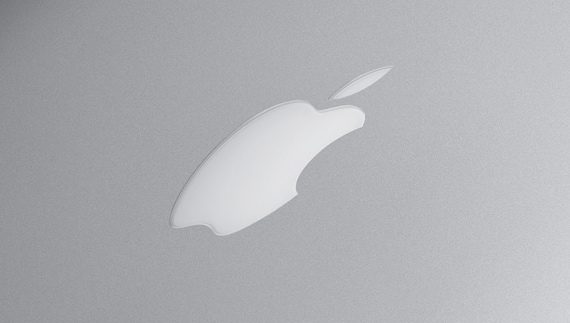The Telegraph has the weirdest piece on the decline of Kindle at Waterstones book stores.
This:
Waterstones has admitted that sales of Amazon’s Kindle e-book reader had “disappeared” after seeing higher demand for physical books.
And this:
Kindle sales had “disappeared to all intents and purposes”, Waterstones said.
Along with a 5% rise in print sales, these things are made out as proof of the ebook’s decline. It’s obviously ridiculous, because they’re talking about sales of Kindle e-readers, not actual books. First of all, you don’t buy a lot of e-readers, do you? Decline in sales doesn’t necessarily mean a thing, especially not from a bookstore where the audience is more likely to buy books, digital or otherwise.
Second, there’s no doubt a decline in e-readers, in terms of (often e-ink based) dedicated reading devices, is happening. That doesn’t mean a thing, because today your smartphone is an e-reader, and you’ve got Kindle on it in an app. The only thing that the story actually tells us, is that e-readers aren’t selling as much as they used to at bookstores. It has nothing to do with ebooks, and everything to do with a product that’s been marginalized thanks to smartphones.

